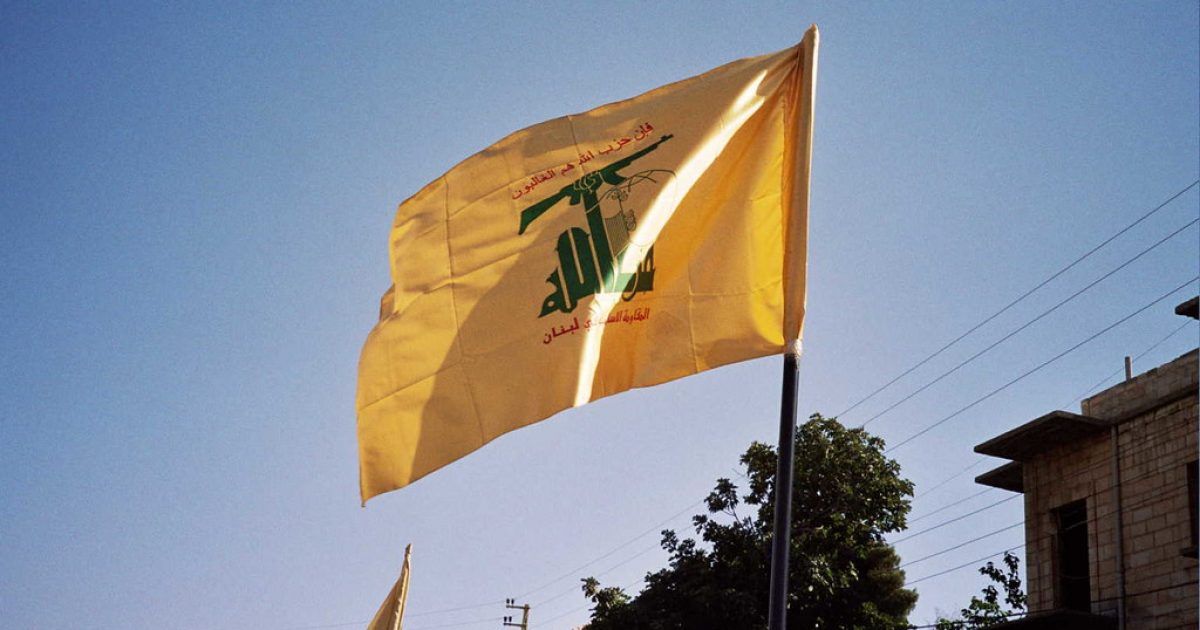
The vicious Muslim militias of Iraq, who ssre now under the gun of the military-industrial complex, were once the allies of the U.S. who helped in the fight to secure the region against even bigger threats.
Now-deceased Sen. John McCain complained publicly in 2015 when the U.S. and Iranian-affiliated militias were cohabiting a military base in the Anwar province.
McCain said that “it’s an insult to the families of the American soldiers that were wounded and killed in battles in which the Shia militias were the enemy. Now, providing arms to them and supporting them, it’s very hard for those families to understand.”
However, extreme war hawks like McCain had supported an even more dastardly alliance in Iraq under the pretense of the infamous troop surge in 2007-08. U.S. troops worked with Sunni terrorists, who were openly anti-American with a tremendous amount of U.S. blood on their hands, to advance strategic goals in the region.
“The decision to support the Awakening movement and, in essence, reconciliation carried considerable risk and was not initially embraced by all of our commanders,” Gen. David Petraeus said at the time of the controversial decision.
“Many correctly pointed out that the leaders and members of the groups that wanted to reconcile with us — groups that might be willing to embrace the Awakening — had American blood on their hands. … I was convinced that there was no alternative if we were to reduce the violence and divert key elements of the Sunni insurgency from their actual or tacit support for the actions of al-Qaeda,” he added.
It was reported that the controversial alliance paid off with the surge, as a study conducted by Stephen Biddle, Jacob Shapiro and Jeffrey Friedman showed that a drop in violence was contingent upon “a synergistic interaction between the surge and the Awakening.”
The study’s authors added that “without the Awakening to thin the insurgents’ ranks and unveil the holdouts to American troops, Iraq’s violence would probably have remained very high until well after the Surge had been withdrawn and American political patience with the war exhausted.”
Similarly, U.S. support for Shia Muslim militias in Iraq and Syria helped result in the destruction of ISIS. Former Iranian General Qasem Soleimani was influential in the defeat of ISIS, bringing different factions together for the common goal of crushing the caliphate. Last week, Soleimani received a hellfire missile as gratitude for his efforts.
The people of Iraq are already turning on the U.S. forces as a result of this aggression, and the troops are in peril occupying a nation that is currently undergoing a revolution of sorts. The Iraqi parliament came together on Sunday to demand that U.S. forces abdicate the country.
“There is no need for the presence of American forces after defeating Daesh (Islamic State),” said Ammar al-Shibli, a Shi’ite MP and parliamentary legal committee member, to Reuters.
“We have our own armed forces which are capable of protecting the country,” he added.
Yet again, the U.S. is suffering the consequences of blowback from failed interventionist foreign policy. Former friends have become enemies, as the military-industrial complex wages senseless destruction to empower bureaucrats and enrich defense contractors.



